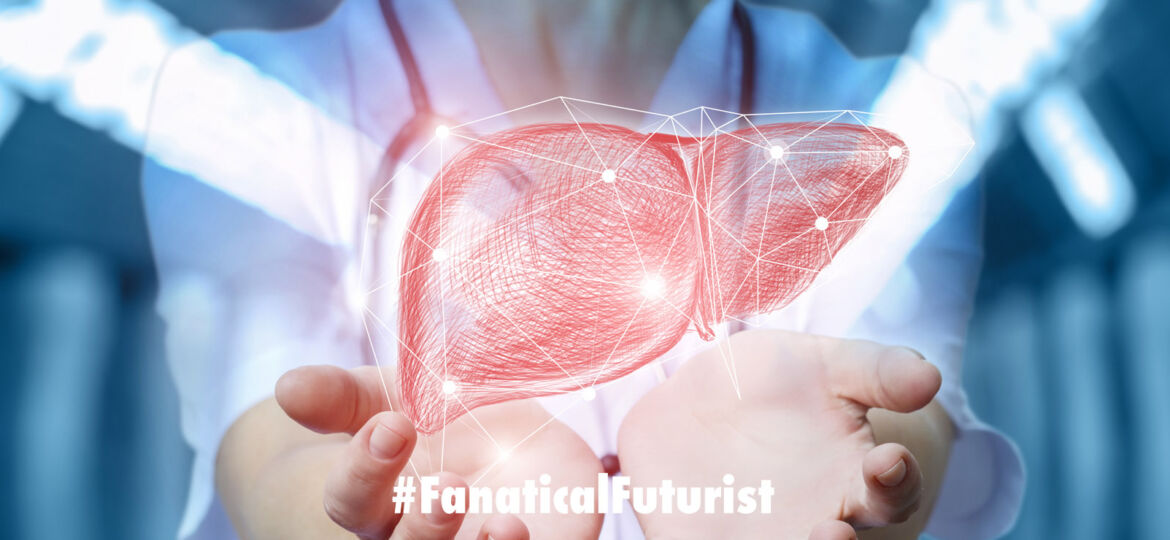
WHY THIS MATTERS IN BRIEF
The longer it takes for human transplant organs to be transported to the hospital the higher the chance the transplant will fail, this would solve that problem.
 Interested in the Exponential Future? Connect, download a free E-Book, watch a keynote, or browse my blog.
Interested in the Exponential Future? Connect, download a free E-Book, watch a keynote, or browse my blog.
A little while ago I discussed how researchers had put mice embryos into suspended animation, essentially pausing life and the aging process, which, when mature might one day mean that in the far future humans too might be able to be put into suspended animation during long space flights. Now, in a major step forwards researchers say they’ve successfully plunged human livers to subzero temperatures and then warmed them back up.
The supercooled organs were still in good shape after 27 hours, adding nearly a day to how long livers can last outside the body, and while that not sound much, in the world of organ donation that’s huge, and it’s still nevertheless a small step in the right direction towards helping humans survive long deep space missions. The research is part of a wider effort to learn how to keep organs operational outside the body for longer periods of time.
“What we really need is an Apollo program to create a new paradigm for organ preservation and sharing,” says organ researcher Korkut Uygun, who led the project from Harvard University and his lab at Massachusetts General Hospital.
“We do think all the key technologies are already available or easily within reach,” said the researchers.
The supply of donor hearts, kidneys, and livers from accident victims is sharply limited. In the US, a nationwide system of registries and transplant centers coordinates to move them around by air in coolers for what are invariably emergency surgeries.
Organs can’t simply be frozen and stored because ice crystals will form and cause irreparable damage. So Uygun’s team instead used a technique called supercooling, which can lower the temperature of water to -6 °C (21 °F) without freezing it.
The Harvard group previously managed to supercool rat livers, but human livers are 200 times the size, and preserving them has so far been an “elusive goal,” according to the scientists.
In their latest effort, described in the journal Nature Biotechnology, the team found ways to pump human livers full of “preconditioning” chemicals and cool them down evenly into a state of suspended animation. At such low temperatures, physical processes slow dramatically. The team later restored the livers by slowly transfusing them with warm blood.
Cold isn’t the only way to keep an organ in good shape. Researchers have also found success keeping organs attached to artificial circulatory systems, even keeping donor hearts beating outside the body and restoring the circulation to pig brains after death.
“In my opinion, a key platform technology actually is machine perfusion,” says Uygun, who estimates that 30% of all US deaths could be prevented by an organ transplant.
















